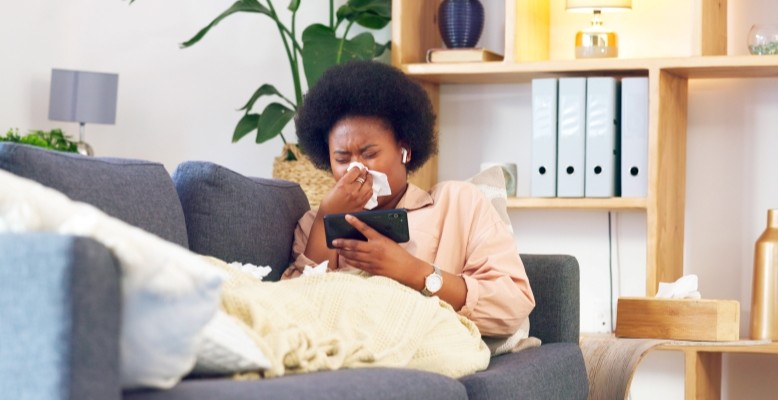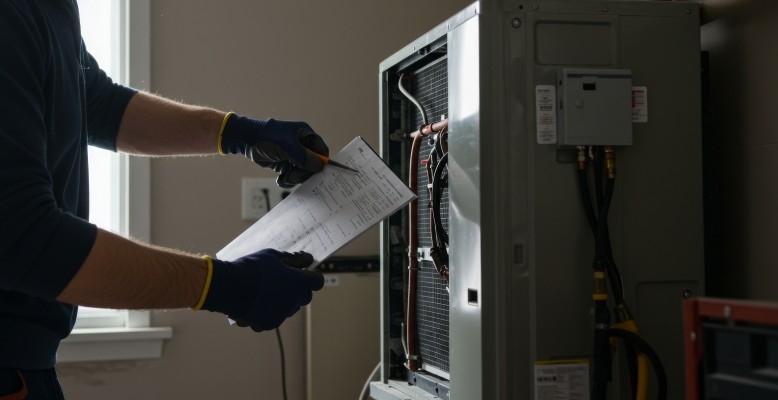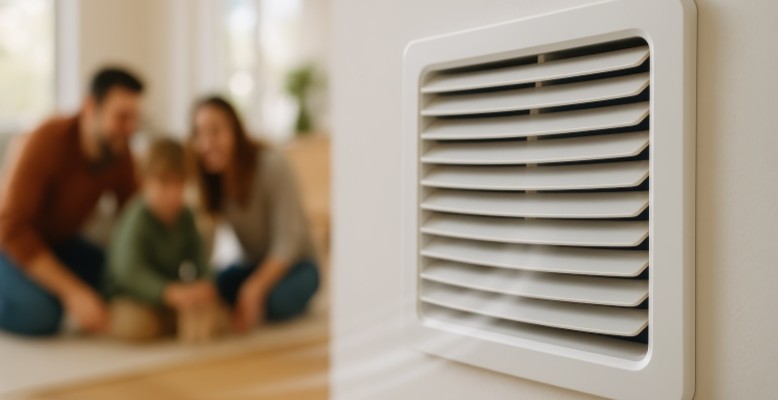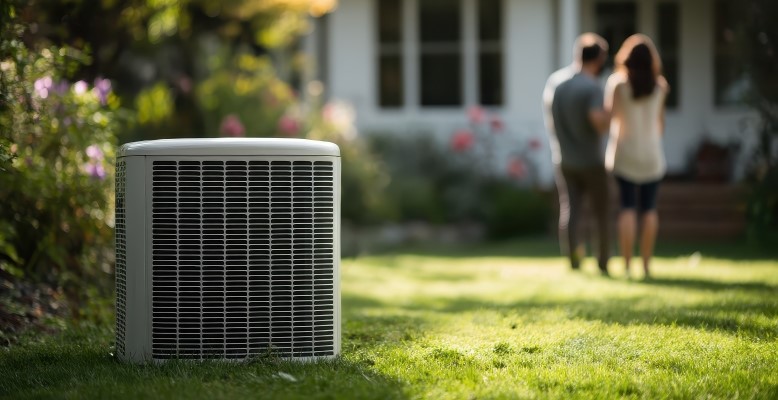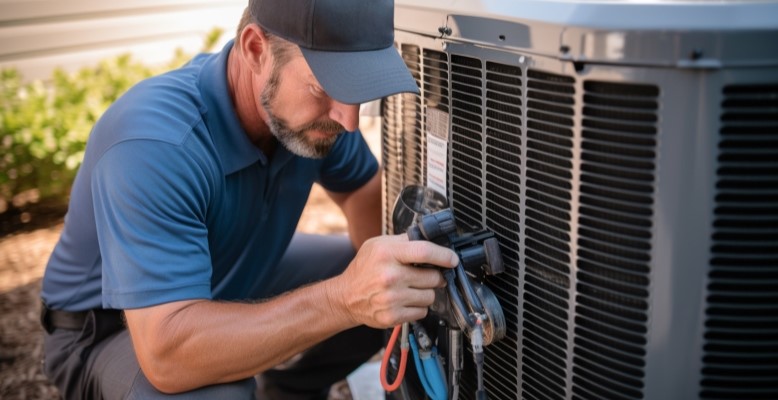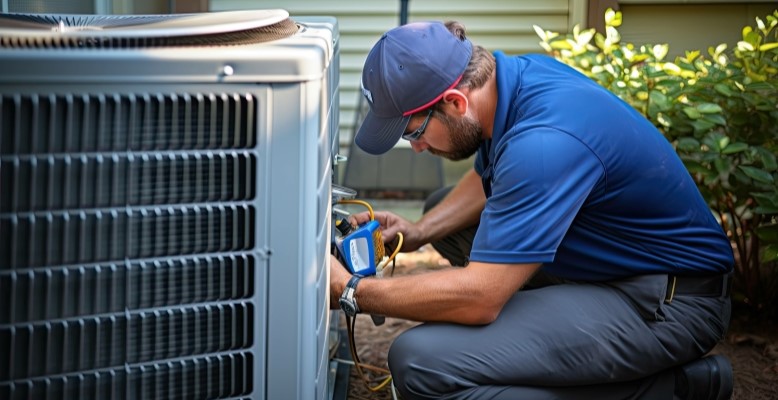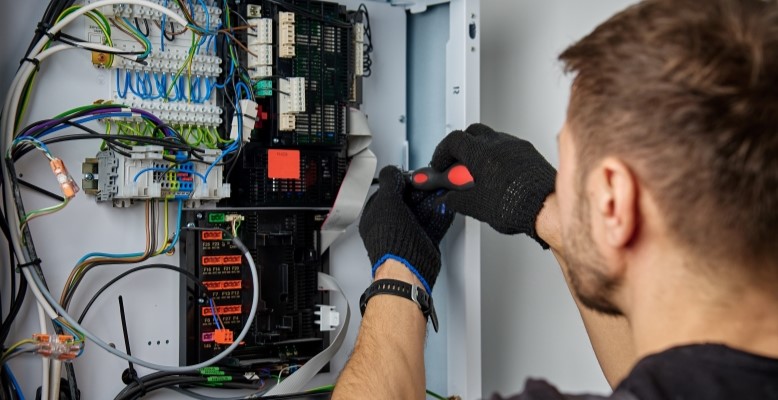Published on October 14, 2025 by: alhhvac
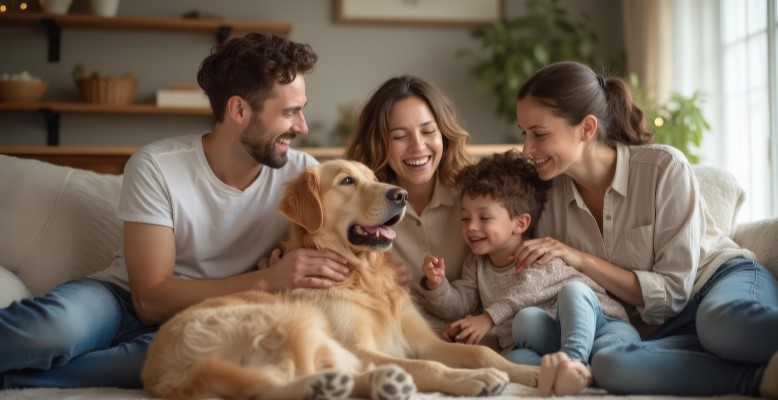
Protect Your Home and Pets With These HVAC Tips
Pets bring warmth and happiness to homeowners everywhere, but they can also create challenges for HVAC systems. Dander, hair, and dirt impact indoor air quality and put extra strain on heating and cooling equipment. Choosing the best HVAC air filter for homes with pets can make all the difference.
In this article, Atlanta’s trusted HVAC professionals at ALH share tips for how to maximize system performance in homes with pets. We’ll explain how pets affect HVAC systems, which air filters work best for pet-friendly homes, and provide practical advice for pet owners to keep both their air clean and their pets happy and healthy.
How Pets Affect HVAC Systems and Indoor Air Quality
Pet owners understand that cats and dogs shed hair and dander, but many don’t realize just how quickly these particles can circulate through an HVAC system. Hair and fur, for example, often get stuck in vents and filters, placing extra strain on the unit. Pet dander can linger in the air for long periods of time and trigger allergies. Pets also track pollen, dust, and other outdoor contaminants which HVAC systems can disperse through a home.
These issues can cause health problems and discomfort. They can also shorten your HVAC system’s lifespan or worsen until the system fails entirely. Thankfully, the right HVAC filter for pets can eliminate air quality issues before things get to this point.
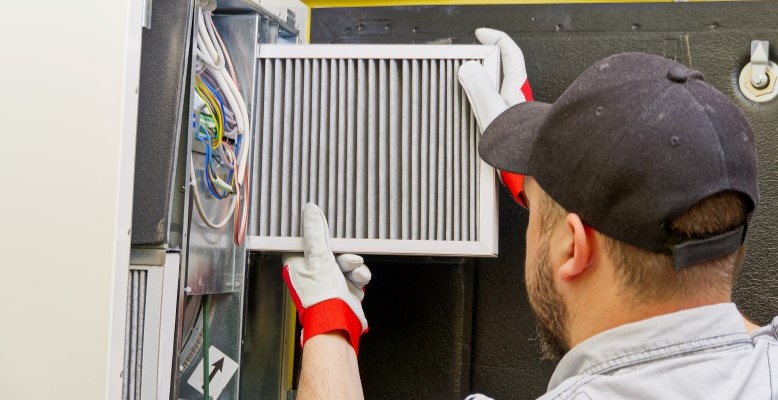
Choosing the Best HVAC Air Filter for Homes With Pets
Choosing the right air filter makes a big difference when it comes to both system performance and indoor air quality for pet owners. Here’s what we recommend you consider:
High MERV Rating
A MERV (Minimum Efficiency Reporting Value) rating scores an air filter’s ability to capture and filter airborne particles on a scale of 1 to 20. Filters with a MERV rating between 8 and 13 are typically recommended for homes with pets, as they balance airflow with particle capture. These filters can capture pet hair, dander, pollen, and other small particles without impacting your system’s performance.
HEPA Filters
While not always compatible with every HVAC unit, HEPA filters trap up to 99.97% of airborne particles, including pet dander. These are often the best HVAC air filters for homes with pets if your system can accommodate them.
Disposable vs. Washable Filters
Filters typically come in two types: disposable or washable. Disposable filters can be discarded after use and replaced with a new filter, while washable filters are reusable. Each type excels at handling airborne pollutants, so it’s ultimately up to homeowners to decide which works best for them.
Activated Carbon Options
If pet odors are a concern, filters with activated carbon are an excellent choice. They absorb smells while trapping particles, creating fresher indoor air. These filters are especially helpful in multi-pet households or smaller spaces where odors linger.
HVAC Maintenance Tips for Pet Owners
In addition to picking the right air filter for your unit, we recommend adopting other best practices for HVAC maintenance. Here are some essential HVAC maintenance tips for pet owners to keep in mind:
1. Replace filters frequently
Pet owners may need to replace filters every 1–2 months instead of every 3 months. Filters clog at different speeds depending on your home’s size, what type of pets you have, and your local climate. Adopting a regular schedule for replacing your filters based on your circumstances works best.
2. Vacuum and dust regularly
Keeping floors, rugs, and furniture clean and free from dust reduces the amount of hair and dander that ends up in vents. The right vacuum, especially with a HEPA filter, can make a big difference for indoor air quality.
3. Groom pets often
Regular brushing and grooming will reduce shedding inside your home. Doing this outdoors will limit how much hair and dander makes its way into your HVAC system.
4. Schedule annual professional maintenance
There’s nothing better than a professional inspection to ensure your system is clean, well-tuned, and operating at peak performance. Licensed technicians can check coils, motors, and ductwork for buildup that homeowners might have overlooked.
Keeping HVAC Systems Safe for Pets
Pet safety goes beyond indoor air quality. Curious cats and dogs can be drawn to outdoor condensers, exposed wires, or open equipment panels common in HVAC systems. Always keep your pets away from outdoor units and make sure indoor areas where your system is located are closed off. Cover all sharp edges and safeguard wires to prevent any injuries.
For households with sensitive pets, we also recommend monitoring humidity levels. Too much humidity encourages mold and dust mites, while too little irritates skin and airways in animals. Pairing your HVAC system with a humidifier or dehumidifier helps maintain a healthy balance.
If you’re concerned about both system performance and pet health, talk to a professional about installing a safe HVAC for pets system — one that includes upgraded filtration, sealed ducts, and regular inspections.
Keep Your Home Comfortable With ALH
Pets are family, and keeping them safe starts with the air they breathe. ALH helps Atlanta homeowners choose the best HVAC filters for pets, improve indoor air quality, and protect system performance with professional service. Whether you’re dealing with allergies, pet odors, or routine maintenance, our team has the experience to keep your home comfortable year-round.
Contact us today to schedule a consultation or filter replacement service!
Frequently Asked Questions (FAQs)
What is the best HVAC air filter for a home with pets?
A filter with a MERV rating between 8 and 13 is often recommended, though HEPA filters are best if your system supports them.
How often should I change my HVAC filter with pets?
Most pet owners should change filters every 1–2 months, depending on shedding and system usage.
Can pets affect indoor air quality?
Yes, pets can introduce dander, hair, and allergens into the air, which reduces indoor air quality if not controlled with proper filtration.

